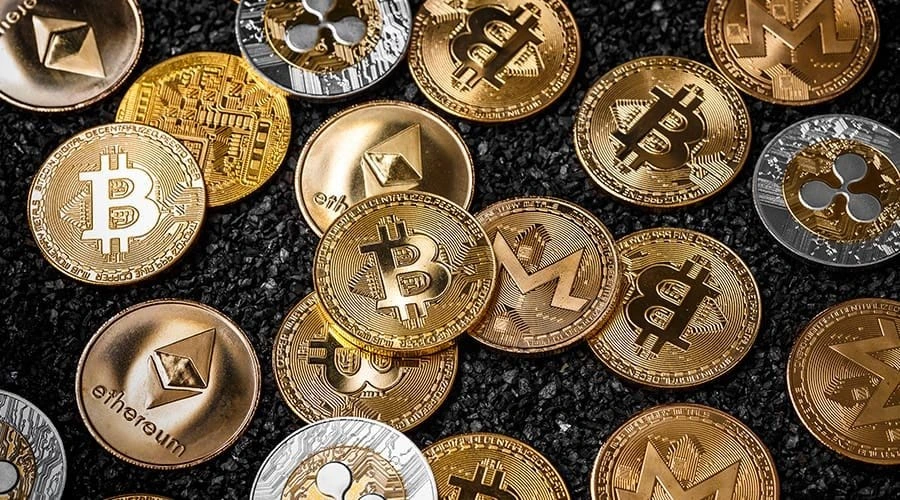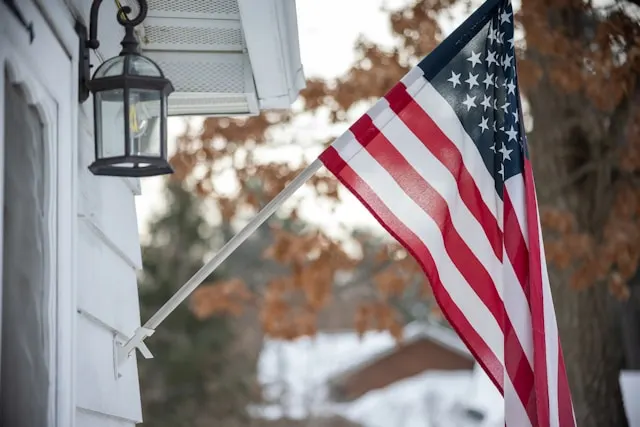PROTECT YOUR DNA WITH QUANTUM TECHNOLOGY
Orgo-Life the new way to the future Advertising by AdpathwayBrazilian President Luiz Inácio Lula da Silva quickly rejected Donald Trump’s public accusation that Brazil’s courts treat former president Jair Bolsonaro unfairly.
Lula insisted that Brazil’s justice system operates independently and that no one—especially those accused of undermining democracy—stands above the law.
He made it clear that Brazil will not accept outside interference in its legal affairs. Trump, who has faced his own legal battles in the United States, used social media to call Brazil’s prosecution of Bolsonaro a “witch hunt.”
He claimed Bolsonaro’s only fault was fighting for Brazilians, and he warned that the real judgment should happen at the ballot box, not in court. Bolsonaro, president from 2019 to 2022, is accused of trying to overturn Brazil’s 2022 election results.
Prosecutors allege he and his supporters pressured military leaders and encouraged the January 8, 2023, riots in Brasília. The Supreme Court has barred Bolsonaro from seeking office until 2030, and he could face up to 40 years in prison if convicted.
 Lula Pushes Back Against Trump’s Criticism as Brazil Faces Tough Choices. (Photo Internet reproduction)
Lula Pushes Back Against Trump’s Criticism as Brazil Faces Tough Choices. (Photo Internet reproduction)Bolsonaro denies all charges and says he is a victim of political persecution. The recent exchange between Lula and Trump comes as Brazil’s Supreme Court ruled on social media responsibility, affirming that platforms must act against illegal content.
Balancing U.S. Pressure and BRICS Alliances Amid Rising Tensions
This ruling follows a series of online clashes, including Trump’s posts on Truth Social and Lula’s responses on X (formerly Twitter). The tension highlights the growing role of social media in global politics and legal disputes.
At the same time, Trump has threatened to impose 10% tariffs on countries he sees as siding with BRICS—an economic bloc that includes Brazil, Russia, India, China, and South Africa.
Lula, who hosted the latest BRICS summit, dismissed Trump’s threats and said Brazil will continue to seek alternatives to the U.S. dollar in trade. He argued that Brazil must act in its own interest and not bow to outside pressure.
This situation puts Brazil at a crossroads. Lula’s refusal to accommodate Trump’s demands signals a move toward greater independence, but it also risks pushing Brazil closer to China and other BRICS partners.
The country faces a tough decision: maintain its sovereignty and risk U.S. retaliation, or adjust its policies to avoid economic fallout. Business leaders and investors should watch closely.
The outcome of Bolsonaro’s trial and Brazil’s approach to global trade will shape the country’s future. These choices will affect not just Brazil’s economy, but also its relationships with the world’s major powers.


 3 days ago
6
3 days ago
6










 English (US) ·
English (US) ·  French (CA) ·
French (CA) ·  French (FR) ·
French (FR) ·